Tax Advantages of Retiring in Vancouver, WA
Tax Advantages of Retiring in Vancouver, WA

Retirement is a time to relax, enjoy life, and focus on what really matters. When considering where to retire, many people prioritize factors like cost of living, healthcare, climate, and community. One often-overlooked aspect, however, is the tax environment. In the case of Vancouver, Washington, retirees might be pleasantly surprised by some of the tax advantages the city offers. Whether you’re planning to move to Vancouver or just curious about the tax benefits, here’s why retiring in this Pacific Northwest city could be a smart financial decision.
1. No State Income Tax in Vancouver, WA
One of the most compelling reasons to retire in Vancouver, WA, is that Washington state does not impose a state income tax [1]. This is a major benefit for retirees, especially compared to states like California or Oregon, where state income taxes can take a significant chunk out of your pension, retirement savings, or Social Security benefits.
In Washington, your Social Security benefits are not taxed, and other retirement income, such as distributions from IRAs or 401(k)s, is also exempt from state income tax [2]. This means that your retirement income remains largely untaxed at the state level, allowing you to keep more of your hard-earned money.
2. Sales Tax Considerations
While Washington doesn’t have an income tax, it does have a sales tax.
The combined 2024 sales tax rate for Vancouver, Washington is 8.7% [3]. This is the total of state, county, and city sales tax rates. The Washington sales tax rate is currently 6.5%. The Vancouver sales tax rate is 2.2%. While this may sound high compared to some places in the U.S., it’s still relatively moderate when compared to places to some cities in California, where sales tax can easily exceed 10% [4].
For retirees on fixed incomes who watch their spending closely, it’s worth noting that many everyday goods like grocery food [5], medicine [6], and certain medical services [6] are exempt from the state sales tax, which helps mitigate the impact of the tax. If you have a budget-conscious approach to shopping and spending, this could help reduce the overall tax burden.
3. Property Taxes and Senior Exemptions
Property taxes are another important consideration when retiring in any location. In Vancouver property taxes are slightly lower compared to the National average [7] but Washington offers some advantages for seniors. Specifically, the state provides a property tax deferral program for qualifying senior citizens or disabled persons.
In Washington, if you’re 60 or older (or if you are retired due to a disability) and your income falls below a certain threshold (currently $88,998), [8] this program allows you to defer your property taxes until the sale of the home or until the property changes ownership. The deferral doesn’t forgive the taxes, but it does provide retirees with some financial breathing room if they’re on a fixed income.
4. No Estate or Inheritance Taxes on Estates Worth Less than $2.193 Million
Washington does have an estate tax, but this tax only applies to estates with a value greater than $2.193 million (as of 2024) [9]. For most retirees, this threshold is above the value of their estates, meaning that they may not have to worry about Washington’s estate tax. Additionally, the estate tax is only assessed on estates exceeding this amount, so most retirees won’t be subject to any tax at all.
Furthermore, Washington does not have an inheritance tax [10]. This means that when you pass away, your heirs won’t face an additional tax burden on the assets they inherit from you. This can be a major relief for families who are concerned about preserving their wealth for future generations.
5. Retirement-Friendly City Amenities and Services
Beyond taxes, Vancouver offers a variety of amenities and services that make it an attractive place for retirees. The city is located just across the Columbia River from Portland, Oregon, offering access to a larger metropolitan area with cultural attractions, healthcare facilities, and shopping. Vancouver itself is home to a vibrant community with parks, outdoor activities, and a slower pace of life that’s ideal for retirees looking for a peaceful environment.
Vancouver is also well-served by public transportation through C-Tran [11], which is a bonus for retirees who may want to downsize from their cars or rely more on public transit. Additionally, Washington’s healthcare system is highly ranked [12], with numerous medical centers and clinics in the area, ensuring you’ll have access to excellent care as you age.
Looking for retirement activities in Vancouver, WA? Read our article on the top retirement activities in Vancouver, WA.
Conclusion
Vancouver, Washington, presents several tax benefits that make it an attractive option for retirees. Paired with its beautiful surroundings, active community, and close proximity to Portland, it’s easy to see why more retirees are choosing Vancouver, WA as their home. While it’s important to consult with a financial advisor before finalizing retirement plans, for many, retiring in Vancouver could offer the ideal combination of comfort and tax efficiency.
About Harlow Wealth Management
Harlow Wealth Management, Inc. is an independently owned and operated advisor. We serve clients living in the greater southwest Washington and Portland metropolitan areas, with an office in Vancouver, Washington. While our firm was officially created in 2005, our founding president, Danny Harlow, has been serving the retirement financial planning needs of our community since 1973. We focus on helping those who are retired or about to retire by building a customized retirement strategy. Our proprietary approach, the “Harlow Way”, addresses the following 5 key areas: designing a sustainable retirement income strategy, addressing healthcare and long-term care risk, investments and growing your portfolio, taxes, and estate/legacy strategies.
References
- https://dor.wa.gov/taxes-rates/income-tax
- https://states.aarp.org/washington/state-taxes-guide#:~:text=Retirement%20benefits%20%E2%80%94%20including%20income%20from,%E2%80%94%20and%20how%20%E2%80%94%20you%20want.
- https://www.avalara.com/taxrates/en/state-rates/washington/cities/vancouver.html#:~:text=The%20minimum%20combined%202024%20sales,sales%20tax%20rate%20is%202.2%25.
- https://www.avalara.com/taxrates/en/state-rates/california.html#:~:text=California%20sales%20tax%20overview,be%20as%20high%20as%2010.25%25.
- https://dor.wa.gov/education/industry-guides/restaurants-and-retailers-prepared-food/retail-sales-tax#:~:text=Washington%20law%20exempts%20most%20grocery,foods%E2%80%9D%20must%20collect%20sales%20tax.
- https://dor.wa.gov/laws-rules/tax-research-index/wac-188-01#:~:text=Sales%20Tax%20%2D%2D%20Exemption%20%2D%2D,a%20prescription%20are%20not%20exempted.
- https://www.ownwell.com/trends/washington/clark-county/vancouver
- https://dor.wa.gov/taxes-rates/property-tax/property-tax-exemptions-and-deferrals
- https://www.whiplawgroup.com/washington-estate-tax#:~:text=The%20current%20Washington%20estate%20tax,subject%20to%20the%20estate%20tax.
- https://dor.wa.gov/taxes-rates/other-taxes/estate-tax/estate-tax-faq#:~:text=Washington%20does%20not%20have%20an,became%20effective%20January%201%2C%201982.
- https://mail.c-tran.com/
- https://www.usnews.com/news/best-states/washington

